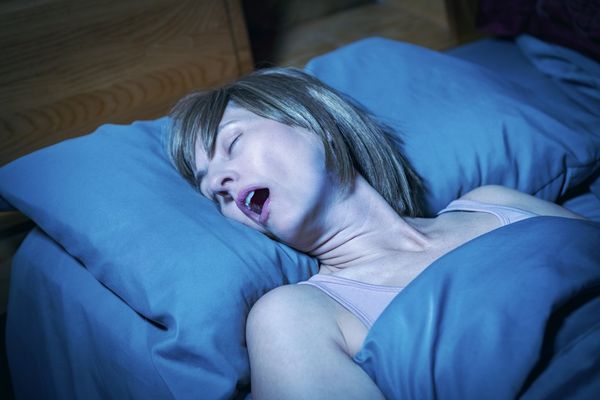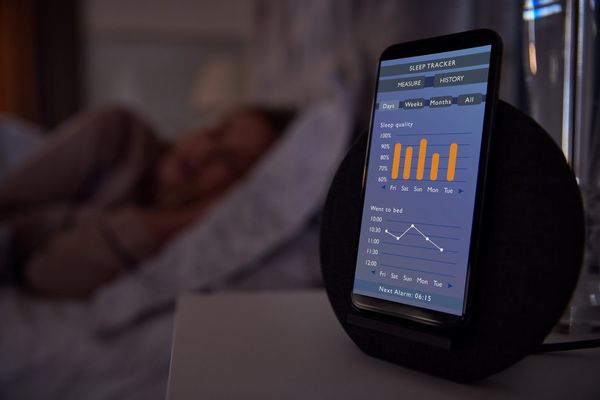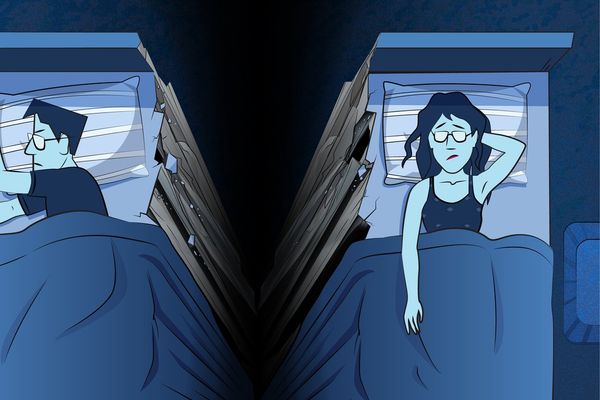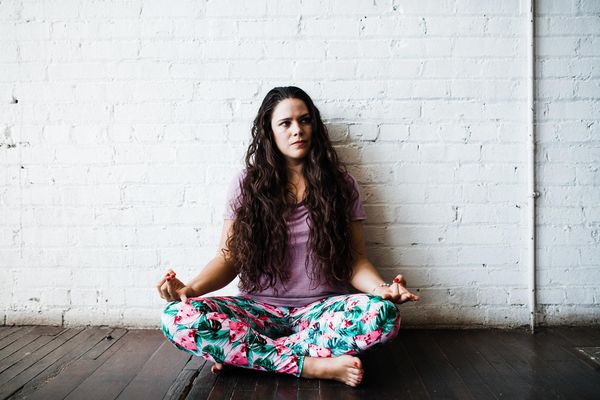While there's a lot of truth to that old saying "practice makes perfect," it doesn't always ring true with sleep.
Somehow, many of us can't get sleep right—even though we get lots of practice. In fact, we devote about one-third of our day doing it! You'd think all that practice would pay off. But some of us, in our quest to pack more into each day, cut back on sleep. Others try to sleep but experience insomnia or get a poor quality of rest.
The numbers are staggering: Chronic sleep loss may affect up to 70 million Americans, according to the U.S. Department of Health and Human Services, which says that the resulting health care costs can reach $16 billion, with loss of productivity adding up to about $50 billion.
Sleep is important not just to shut off the events of the day and help your body rest. It goes deeper than that: While you sleep, your brain is busy developing the pathways you need for learning, cementing memories and new thoughts. At each stage of sleep, important hormones are being released that influence everything from appetite to memory.
A chronic lack of sleep is bad for not only your mood but for your health too. It can lead to obesity, diabetes, infections and cardiovascular disease.
And when you think about how you feel when you don't get enough of this valuable commodity—or your sleep is poor quality—you can easily understand why it's so important to work on making it better.
Here are some tried-and-true ways to get a deep sleep tonight and every night:
Stick to a consistent schedule. Since we are creatures of habit, why not go to sleep and wake at the same time—even on the weekends? This helps regulate your body's clock.
Don't skimp on sleep. You may hear people boost of their ability to "get by on just four hours of sleep." These people are rare; most adults need between seven and nine hours each night.
Don't blame your sleep problems on worry or anxiety. Although those things can cause tossing and turning or insomnia, there might be other factors that get in the way of a good night's sleep. Sleep disorders (like restless leg syndrome), medications (like decongestants and steroids and others), depression, arthritis and other medical conditions can interfere with sleep, too. Large meals or vigorous exercise can cause sleeplessness. And don't forget that the effects of caffeine can take as long as eight hours to completely wear off.
Set aside time for relaxation. If you just jump into bed expecting to fall asleep, you're cheating yourself out of valuable "wind-down" time that you need to prepare for sleep. A hot bath, a warm caffeine-free beverage or some gentle yoga or stretching can usher in sleep.
Examine your sleep environment. Noise, light, a too-hot room, an uncomfortable mattress or pillow, a nearby TV, cell phone, tablet or computer: these are all sleep-stealers.







